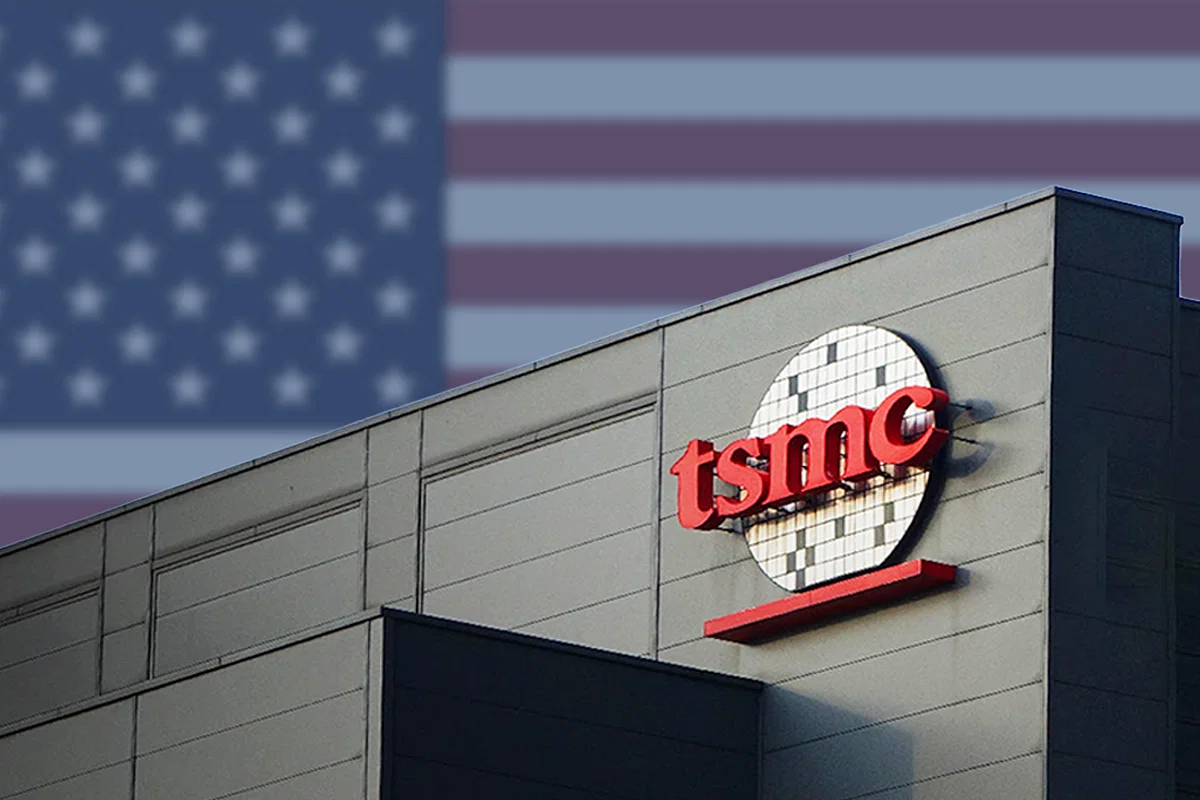Introduction:
In a significant development for the technology and semiconductor industry, the Taiwanese company Taiwan Semiconductor Manufacturing Co. (TSMC) is currently constructing its first U.S. plant in Arizona. To address concerns regarding the safety of construction workers, the company has entered into a voluntary protection program with the state of Arizona, as announced by Governor Katie Hobbs in a recent news conference. This agreement sets forth additional safety measures that go beyond federal requirements, aiming to ensure the well-being of workers and the success of this high-profile project.
Enhanced Safety Measures for Construction Workers:
Under the voluntary protection program, TSMC has committed to adhere to safety standards higher than those mandated at the federal level. Governor Hobbs highlighted some key aspects of the agreement, which include:
- Transparency for Workers: TSMC will implement measures to enhance transparency for workers regarding safety protocols, potential hazards, and emergency procedures. This ensures that workers are well-informed and can actively participate in maintaining their safety throughout the construction process.
- Oversight from Arizona Division of Occupational Safety and Health: The state’s regulatory agency responsible for ensuring workplace safety, the Arizona Division of Occupational Safety and Health, will have a closer and more active role in overseeing the construction project. This added scrutiny aims to identify and address any safety concerns promptly.
- Increased Training: The voluntary program mandates increased training for foremen and all workers involved in the construction. By ensuring that all personnel are well-trained in safety practices and protocols, the risk of accidents and injuries can be minimized.
- The agreement requires TSMC to provide workers with more information about safety hazards, including the right to access safety records and participate in safety meetings.
- TSMC must also allow the Arizona Department of Occupational Safety and Health (ADOSH) to inspect the construction site more frequently than is required under federal law.
- The agreement also requires TSMC to provide more training to foremen and all staff on safety procedures.
Background and Importance of the TSMC Plant in Arizona:
The idea of constructing the TSMC facility in Arizona was first announced in 2020 during the presidency of Donald Trump. TSMC committed to investing $40 billion over eight years in the state and constructing a second plant. The project received bipartisan support and was lauded as a symbol of economic growth and job creation.
The plant, located in north Phoenix and spanning over 1,100 acres of land, is expected to be fully operational by 2024. Utilizing TSMC’s cutting-edge 5-nanometer technology for semiconductor wafer fabrication, the facility will be capable of producing 20,000 wafers per month. Its significance extends beyond just technological advancement; it serves as an example of how governmental policies can foster job growth in the tech and infrastructure sectors.
Read more: Unskilled American Workers : Fact or Excuse?
Concerns and Responses:
During the construction phase, there were some criticisms surrounding TSMC’s decision to bring in workers from Taiwan to assist with the project. The company has, however, clarified that these additional workers will not affect the employment of the thousands of U.S. workers already present at the site.
Governor Hobbs emphasized that the construction safety standards should match the grandeur of this high-profile project. By implementing the voluntary protection program and adhering to heightened safety measures, TSMC aims to set a standard for construction safety that aligns with the pride and significance of this state-of-the-art semiconductor facility.
Conclusion:
The agreement between Taiwan Semiconductor Manufacturing Co. and the state of Arizona is a positive step towards ensuring the safety and well-being of construction workers during the development of TSMC’s first U.S. plant. By going beyond federal safety requirements and establishing a voluntary protection program, TSMC demonstrates its commitment to the welfare of its workers and the success of the project. As the plant nears full production by 2024, it is expected to be a beacon of technological progress and economic growth in the United States, showcasing the potential of investments in technology and infrastructure for job creation and development.







